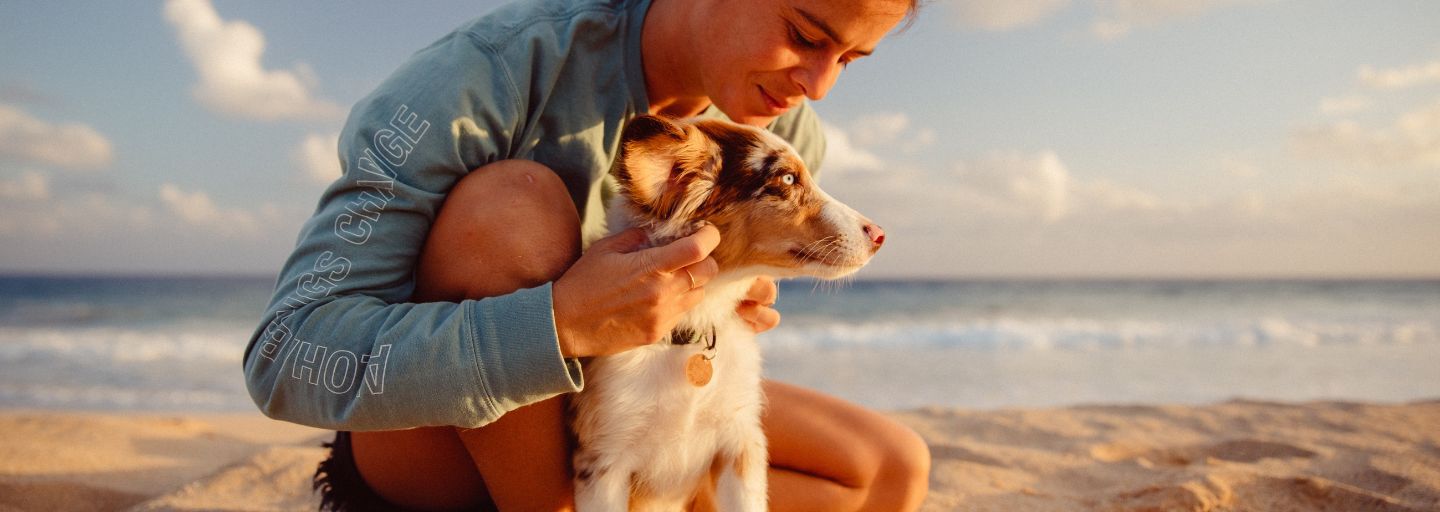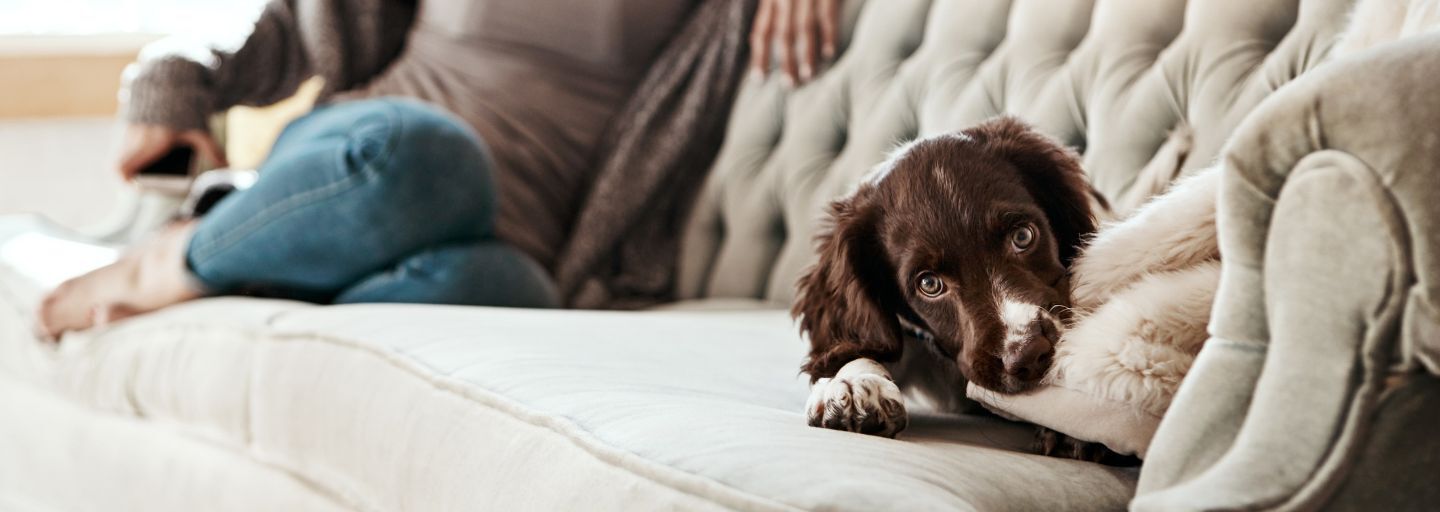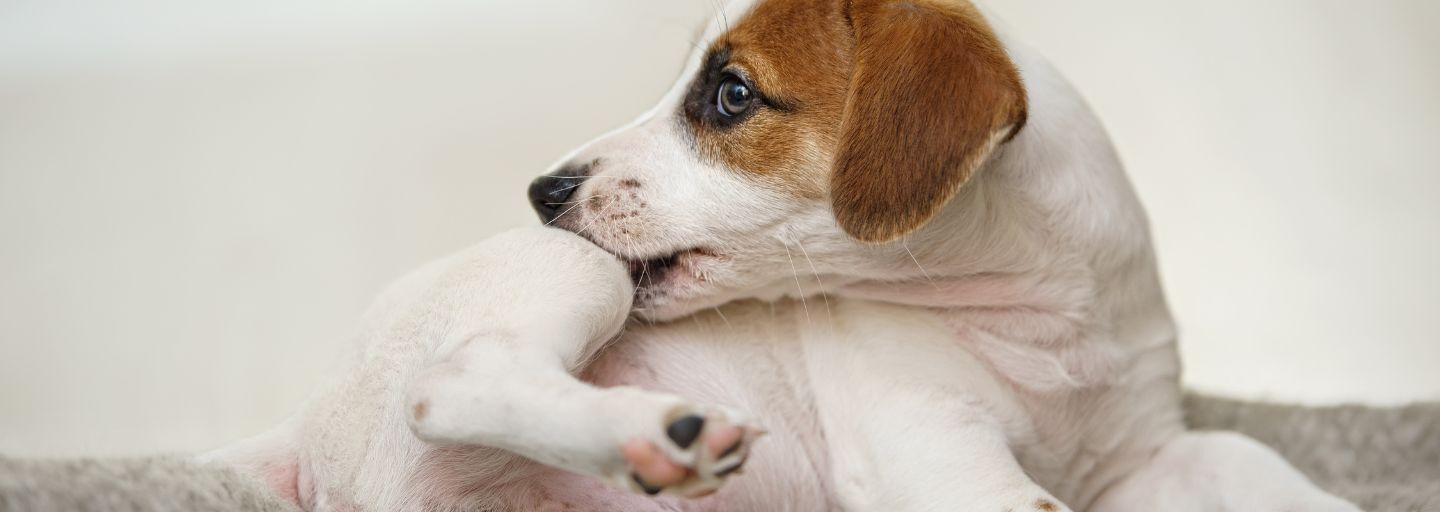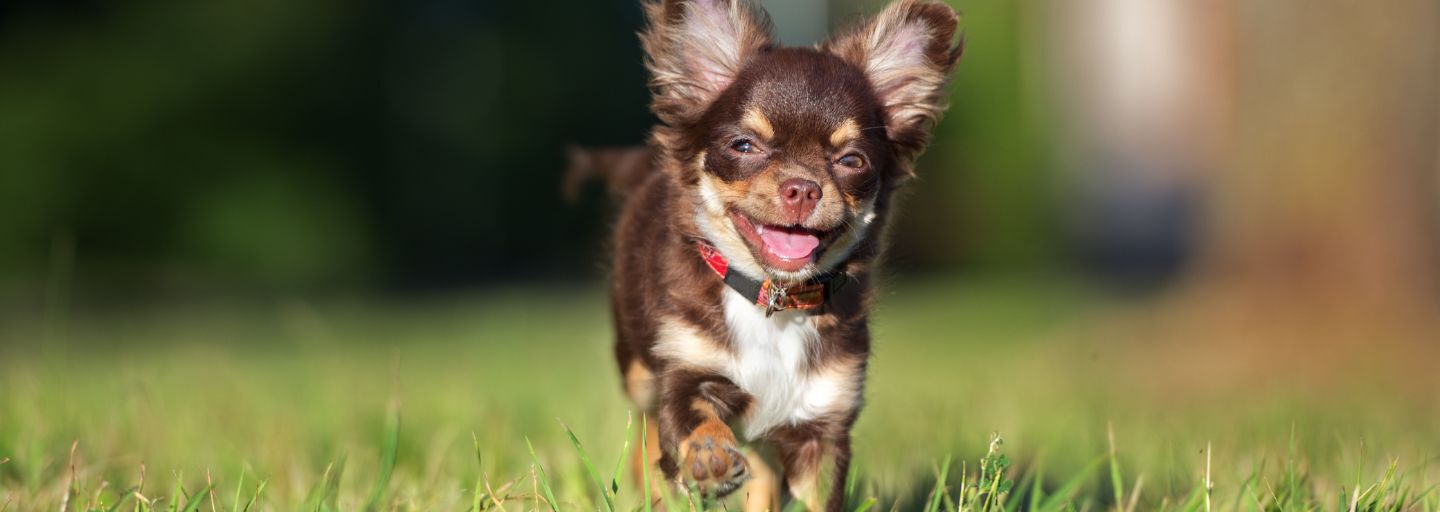Summer is officially underway – and for many of us, that means barbecues, picnics in the park, beach bonfires, and other outdoor affairs. But some fun activities for humans can present dangers to our dogs, so before you start planning your next big backyard barbie, add these pet-safety pointers to your pre-party checklist.
The picnic/barbecue special treats:
While these foods are relatively harmless for humans, they can be extremely dangerous for dogs. It's especially important to keep little snouts away from these summertime luxuries. Pancreatitis, a serious and sometimes fatal inflammation of the pancreas, can result from eating greasy, spicy, fatty foods – all of which are mainstays of barbecues. And while you might follow the rules and not give your dog any barbecue treats, your dog may blackmail guests with their big, beautiful "feed me" eyes! Plus, parties can get chaotic, and many dogs will take advantage of a busy backyard to perform a little quality control on the snacks table.
So, while it might sound cruel, your dog (and you) may have a better time if you ask all your guests not to feed your dog food from their plate. Instead, have some doggie treats around the place so your guests can give them a guilt-free tidbit.
The morning after:
Your post-BBQ rubbish will likely contain bones, which are very harmful to dogs, particularly cooked bones that splinter more easily. Bone fragments can pierce your dog's palate and other soft internal tissues like his stomach or intestines. Garbage will likely also contain sloshed alcohol, Styrofoam plates, pointy plastic utensils, and human food that's started to turn. Keep your dog away from barbecue rubbish and make sure the rubbish bin lid is on tight.
Fire, fire-starters, and fuel:
Anything you use to get the barbecue going, such as matches, lighters, and lighter fluid, should be locked away. Matches contain phosphorus, which can be poisonous if ingested. The tiny amount on the end of a match may not harm your pet, but it's better to be safe than sorry. Lighter fluid is dangerous across the board: eating it, inhaling its fumes, even getting it on the skin or fur.
And we all know that dog whose tail knocks over glasses. It has the potential to get toasted along with the hamburger buns. We recommend either keeping your dog away from the BBQ by putting them on a lead and having someone look after them while the BBQ is cooking, or you may wish to keep your dog indoors just in case.
It's a good rule of thumb for any party with open flames as décor, whether it's tiki torches, candles in paper bags, or a simple fire pit in the backyard. Most pets understand fire, but accidents (and tails, as we mentioned) happen. If you won't be able to keep an eye on your dog throughout the event, keep them inside for safety.
Insect prevention:
Citronella candles, mosquito coils, bug zappers, insect spray, insect oils – all these things can burn, harm, or poison your pet. If your pet is bothered by insects, ask your vet or local Pet Specialty store about specifically formulated insect repellent for pets. Human formulations should live in a secure cabinet.
Fun in the sun:
Pets, just like humans, can get sunburnt, which can lead to skin cancer. If your pet has light-colored fur on the nose or ears, they are more susceptible to skin cancer due to the light pigmentation of the skin. Skin cancer in pets usually develops due to the skin being sunburnt multiple times. As sunburn is one of the major causes of the development of skin cancer, it's important to prevent it. If possible, it is recommended to keep pets with light-colored noses, ears, or eyelids inside during the hottest parts of the day (11 am – 4 pm).
Pet sunscreens or zinc can be applied to their ears and nose if they do go outside, but do not use human sunscreen as it can be toxic to pets. Pet sunscreen needs to be reapplied regularly to maintain effectiveness; check the package directions. Pet sunscreen is available from your local vet clinic and pet specialty stores.
Alcohol:
Never give your dog alcohol. All alcohol contains ethanol, which can be lethal for dogs. Just a small amount can result in a change in behavior, breathing problems, cardiac arrest, induced coma, and even death. While you're probably not intentionally feeding your dog alcohol, unattended drinks and minor spills can be common in the household. Alcoholic drinks with a high sugar content (e.g. mixer drinks) are particularly inviting to dogs, so keep all drinks out of paw's reach and clean up any little spillages immediately. If you suspect your dog has consumed alcohol, seek immediate veterinary care.



